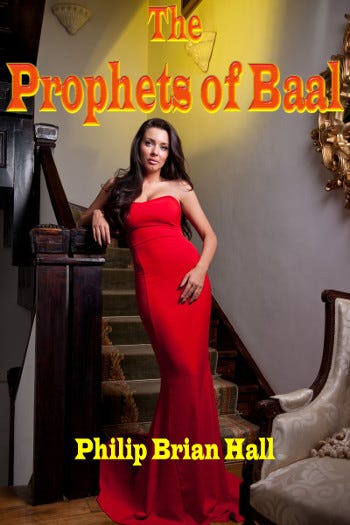Writing fiction
The truth is, you don’t actually write it.
I don’t write fiction. It writes itself. What I do is create characters and put them in testing situations. The more rounded my characters become, the more they themselves take over the plot. At the outset, I don’t necessarily even know how they are going to get out of the mess I’m getting them into.
None of my characters are perfect. I am not trying to write hagiography. Although, as a child, I did read and enjoy superhero comics, as an adult I prefer to write about people with whom my readers are likely to find it easier to identify. This will often involve putting ordinary people in extraordinary situations. Although I write in various genres, and sometimes mix them together, most often these situations tend to involve Science Fiction, Fantasy or Gothic Detective settings.
“This is what I’m going to do about the problem,” says one.
Now, you might think that this is all I need to write down, but it isn’t. As a good editor pointed out to me relatively early in my writing career, the reader doesn’t only want to know what a character does, he wants to know why the character does it. If I don’t give the reader a good reason, and the reader can’t work it out from the evidence supplied in the story, then I’ve left out an important part of character development, and hence an important element of the story. At the same time, by making it harder to understand the character, I’ve made it more difficult for the reader to identify with the character and feel empathy with his travails.
This brings us to the next important element in characterization. A character develops and changes as the story goes on. In the process of meeting the challenges that I pose him, a character grows and changes as a person. Every human begins with certain genetic features, is raised in a culture that establishes basic attitudes, and then is shaped by experience. If a character in a story is exactly the same at the end as he was at the beginning, then he had better not be central to the plot, or he had better be an action hero who has very little character to start with. The latter can sell very well, but it shouldn’t be confused with literature.
“Oh, no! Hold it!” says another character. “If he’s doing that, I have to do this, and he isn’t going to like it.”
So now my second character is reacting to my first, and I begin to see a relationship. Whilst characters can be shaped by events beyond the control of either themselves or each other, as far as the story is concerned it is likely that interpersonal relationships are going to be most interesting to the reader. How do they react differently to background events or to the other character’s actions? What motivates the antagonist to attempt the downfall of the protagonist? How many different ways can he dream up? How close to disaster can I bring the protagonist without him giving up?
I think, as a fiction author, one falls in love with one’s characters. I come to know them as people. They are real people, with real emotions, and I know everything about them, including the bits that they don’t want the other characters to know.
Even my villains. Maybe especially my villains. After all, it’s not their fault.
It’s mine.


